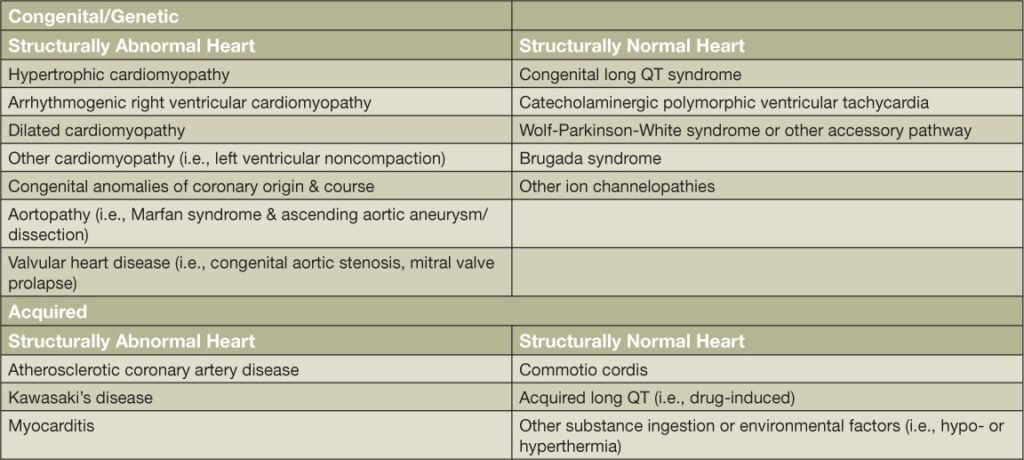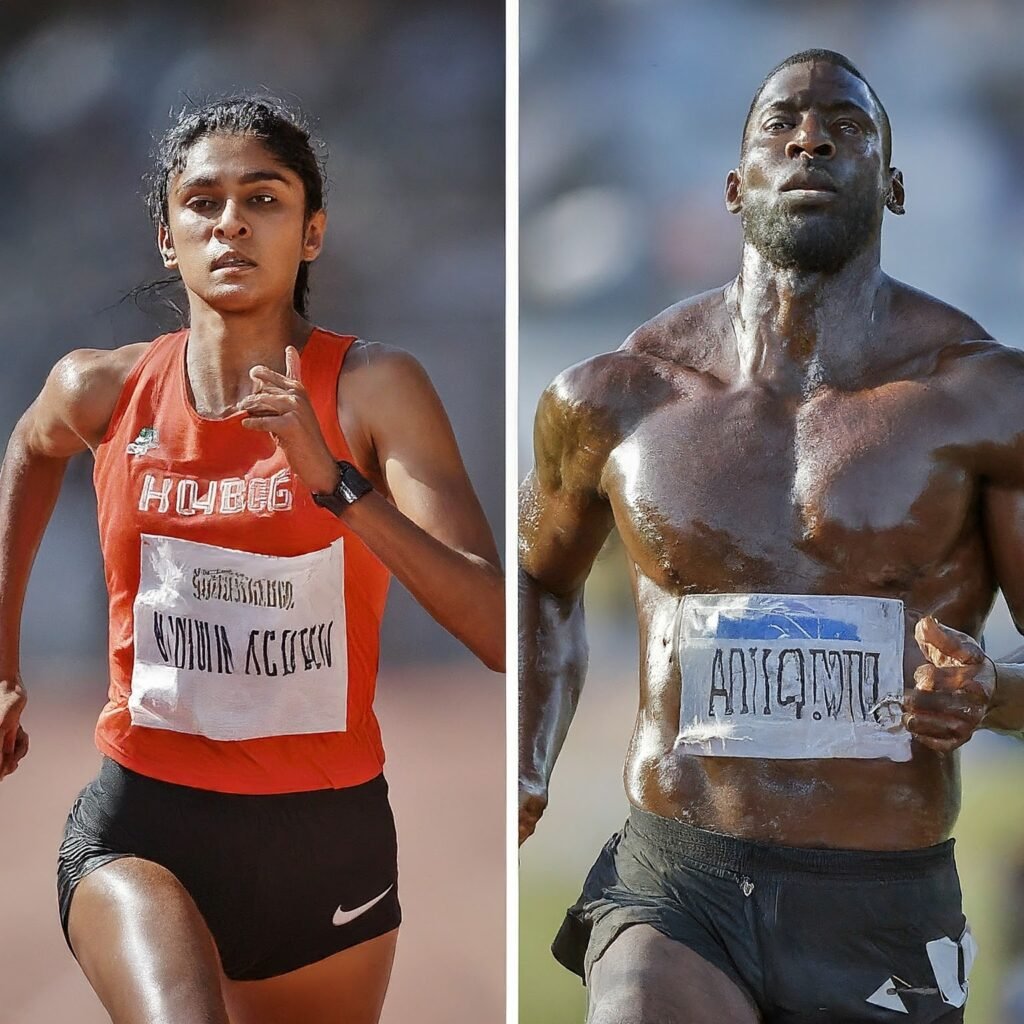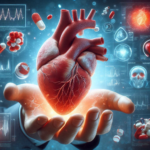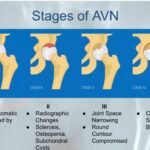Here are some possible reasons behind athletes dying due to sudden cardiac arrest or (SCD) according to doctors
1. Corona Vaccine and Cardiovascular Impact:
The mention of the COVID-19 vaccine’s potential influence on sudden cardiac events in athletes highlights the evolving landscape of health considerations. Exploring the available data and research on how the vaccine may interact with the cardiovascular system can provide a nuanced understanding. This includes investigating any correlation between vaccination and myocarditis, emphasizing the importance of thorough medical evaluations for athletes post-vaccination.
2. Restless Exercise and Overexertion:
The connection between intense exercise and sudden cardiac events warrants a closer examination of training regimens and recovery practices. Are there specific exercise intensities or durations that pose higher risks? What role does adequate rest and recovery play in mitigating these risks? Addressing these questions can contribute to tailored training approaches that prioritize both performance and cardiovascular health.
3. Low Water Intake and Dehydration:
The impact of dehydration on cardiovascular health raises questions about the hydration practices of athletes. Are there specific sports or conditions that predispose athletes to dehydration? How can educational initiatives promote the importance of proper hydration? Delving into the intersection of hydration, exercise, and cardiovascular health can offer practical insights for both athletes and sports professionals.
4. Usage of Steroids and Drugs:
Exploring the prevalence and consequences of performance-enhancing substances among athletes is crucial. What measures are in place to detect and deter the use of steroids and drugs? How can education and awareness programs address the potential cardiovascular risks associated with these substances? Understanding the motivations behind substance use in sports can inform comprehensive strategies for maintaining athlete health
5. Stress Due to Competitive Environment:
The competitive stressors faced by athletes necessitate an exploration of mental health considerations in sports. How do athletes cope with the pressures of competition, and what resources are available to support their mental well-being? Integrating mental health support into sports culture can contribute to a more holistic approach to athlete health and potentially mitigate the cardiovascular impacts of stress.
6. Less Sleep to Meet Competition Deadlines:
Delving into the sleep patterns of athletes and the impact of insufficient sleep on cardiovascular health can offer valuable insights. What are the specific challenges athletes face in prioritizing sleep, especially during competitive seasons? How can sports organizations promote sleep hygiene as an integral part of athlete preparation? Addressing these questions can contribute to comprehensive strategies for optimizing sleep and reducing the risk of sudden cardiac events.
By exploring these facets in greater detail, we can foster a more nuanced understanding of the interplay between various factors and sudden cardiac events in athletes. This deeper analysis can inform targeted interventions and preventive measures within the sports community.
There are some other factors also to be considered explained below in tables


Here are some steps can be taken to improve survivor rate
Prevention and Detection Measures:
1. Screening Protocols:
While no detection method is foolproof, medical experts advocate for a comprehensive medical history and physical exam for young athletes before sports participation. Some experts suggest adding an electrocardiogram (EKG) to enhance the identification of heart abnormalities, improving the overall effectiveness of pre-participation evaluations.
2. Warning Signs:
Recognizing warning signs can play a crucial role in preventing sudden cardiac events. Symptoms such as fainting during exercise, chest pain, excessive shortness of breath, palpitations, or unexplained seizures may indicate an underlying heart condition. Timely evaluation of these warning signs is paramount.
Responding to Sudden Cardiac Arrest:
In the event of a collapse, assuming it is sudden cardiac arrest until proven otherwise is crucial. Rapid response, including calling 9-1-1, performing CPR, and using automated external defibrillators (AEDs), significantly increases the chances of survival. Research indicates that having AEDs on-site in public locations dramatically improves survival rates.
Conclusion:
Understanding the nuances of sudden cardiac arrest in young athletes is vital for creating a safer sports environment. By prioritizing awareness, implementing effective screening measures, and promoting swift response strategies, we can collectively work towards reducing the incidence of sudden cardiac events and safeguarding the lives of the athletes who inspire us with their dedication and passion for sports.
you can get detailed information by well reputed organisation here
also read :
MEET THE INDIAN INSTITUTE OF TECHNOLOGY (IIT) GRADUATE EARNING RS 72,6 LAKH DAILY, WORKING AS A..
Table of Contents
Toggle






